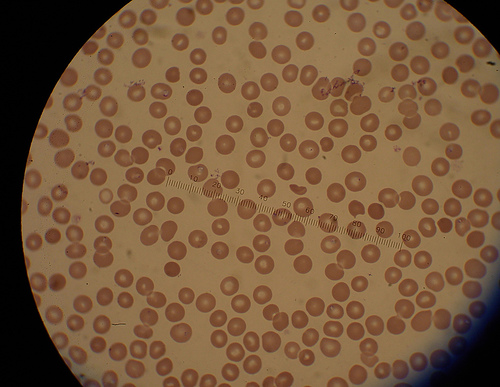Bacteria in mosquito gut may prevent spread of malariaWashington, May 9 : Bacteria in the gut of Anopheles mosquito could play a
 Washington, May 9 : Bacteria in the gut of Anopheles mosquito could play a major role in preventing the spread of malaria, according to researchers at the Johns Hopkins Bloomberg School of Public Health.
Washington, May 9 : Bacteria in the gut of Anopheles mosquito could play a major role in preventing the spread of malaria, according to researchers at the Johns Hopkins Bloomberg School of Public Health.
They said that the bacteria could prevent the Anopheles gambiae mosquito from getting infected with Plasmodium falciparum, the parasite that causes malaria in humans.
The researchers showed that removing these bacteria, or microbial flora, with the help of antibiotics could make the mosquitoes more susceptible to Plasmodium infection because of a lack of immune stimulation.
Usually, a mosquito acquires the malaria-causing parasite as part of the malaria transmission cycle after feeding on blood from an infected person.
The parasite then develops within the mosquito, and can later be transmitted to another human when the mosquito feeds again.
"Our study suggests that the microbial flora of mosquitoes is stimulating immune activity that protects the mosquito from Plasmodium infection. The same immune factors that are needed to control the mosquito's infection from the microbes are also defending against the malaria parasite Plasmodium," said Dr. George Dimopoulos, senior author of the study.
He added: "The interplay between bacteria and the mosquito's immune system may have significant implications for the transmission of malaria in the field where mosquitoes may be exposed to different types of bacteria in different regions. Theoretically, these bacteria could be introduced to the mosquitoes to boost their immunity to the malaria parasite and make them resistant and incapable of spreading the disease. Our current research aims at identifying those bacteria that trigger the strongest mosquito immune defense against the malaria parasite."
For the study, the researchers treated mosquitoes with antibiotics to kill the gut bacteria.
They noted that treated mosquitoes were more susceptible to infection by Plasmodium when feeding on infected blood as compared to mosquitoes that were not treated with antibiotics.
For further verification, bacteria-free mosquitoes were infected with bacteria to determine if they were less susceptible to Plasmodium infection.
Also, the researchers determined that mosquitoes infected with bacteria died earlier than mosquitoes without bacteria when infected with Plasmodium, even with Plasmodium levels five times higher than those with bacteria.
"The malaria parasite must live in the mosquito for about two weeks in order to complete its life cycle and be transmitted to a person. The fact that these bacteria shorten the mosquito's life span is additional good news," said Dimopoulos.
The study has been published in the journal PLoS Pathogens. (ANI)